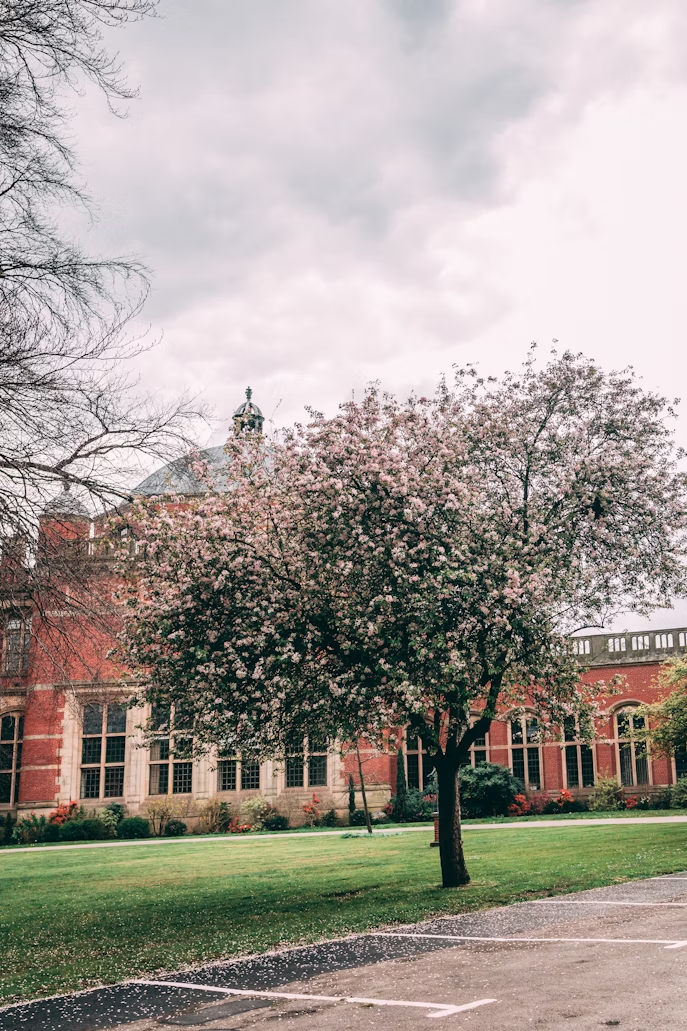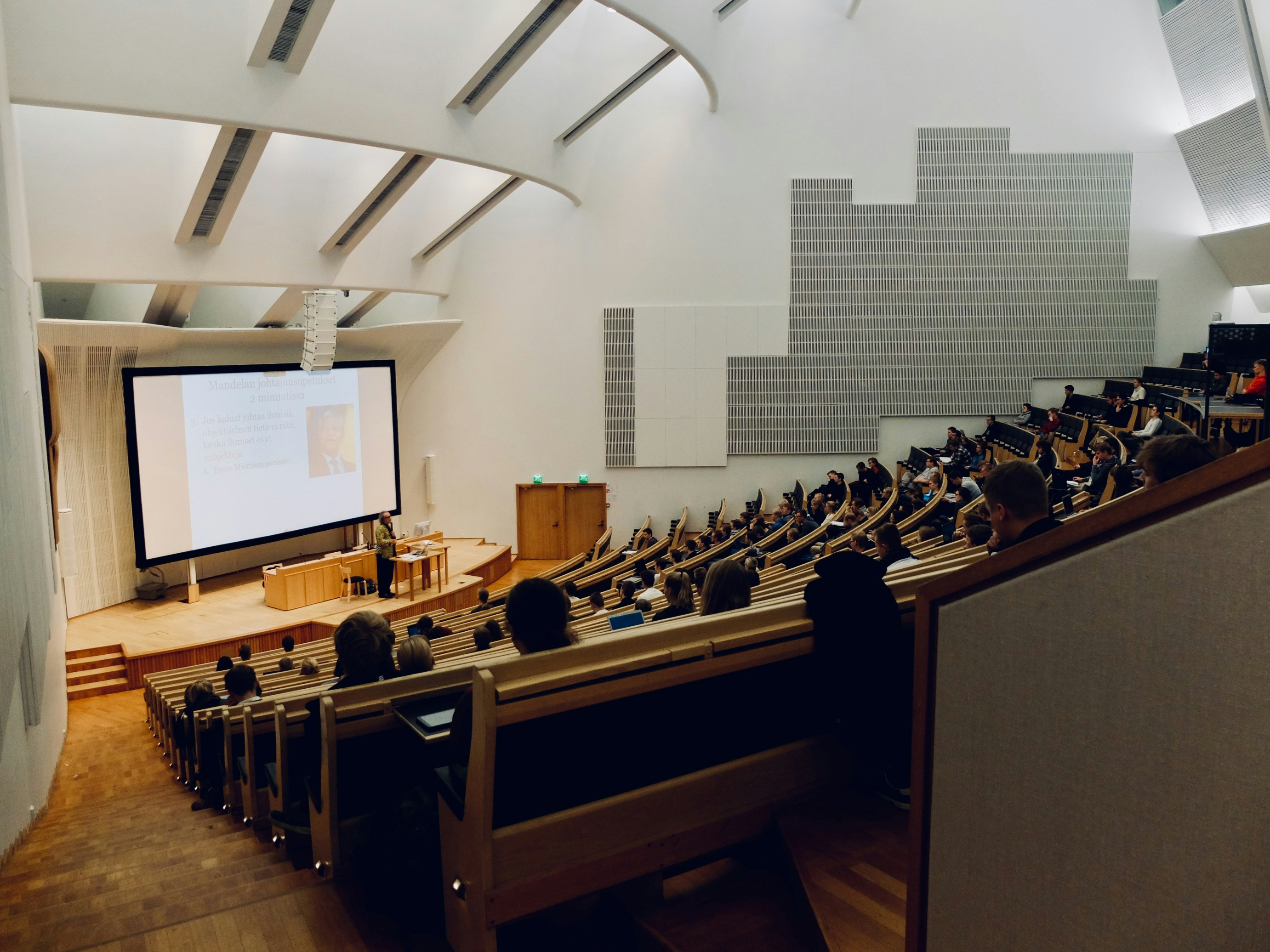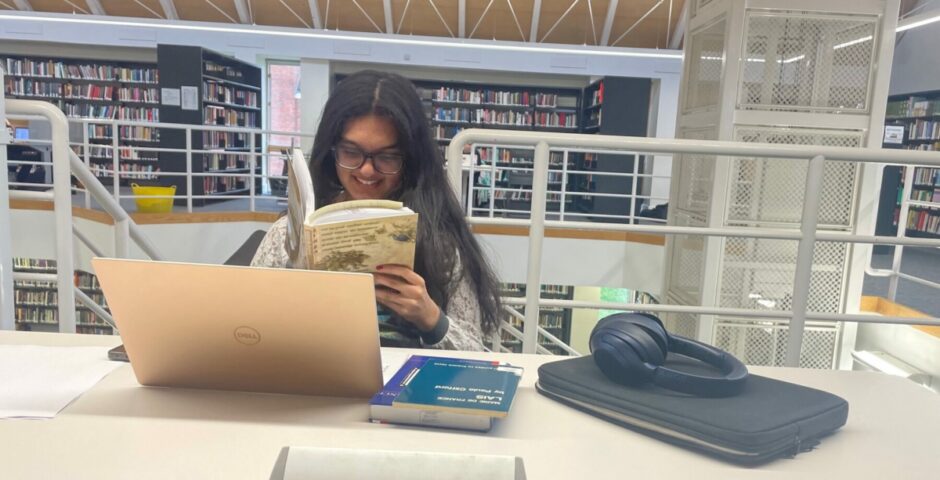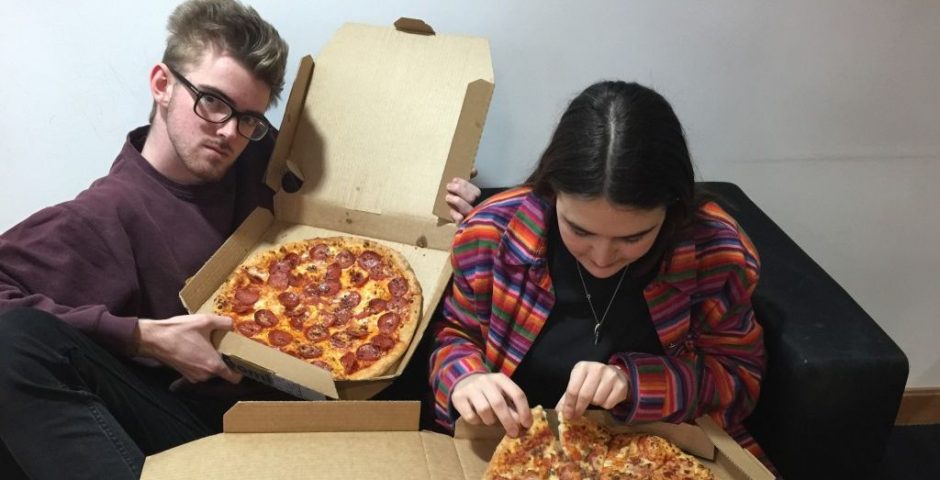There’s a peculiar charm to being a second year student at the University of Birmingham. You’re no longer a wide-eyed first year, full of hope, convinced that you’ll master the reading list, write every essay with precision, and somehow emerge unscathed from the clutches of procrastination. But you’re also not yet a third year—trapped in the inescapable whirlpool of impending deadlines, career anxiety, and the low-grade dread that accompanies the realisation that your time is running out. No, you’re hovering somewhere between naïveté and panic, trying to maintain a semblance of control over your academic fate, but knowing, deep down, that it’s slipping through your fingers like sand on a beach.
It’s 8:37am, and the alarm goes off with all the subtlety of a bomb going off. For a moment, you don’t respond. You’ve been awake for about 10 minutes already, mind spinning, trying to avoid thinking about the three essays you’ve neglected and the ever-growing list of things that need to be done before graduation (which, if you’re being honest, seems about as likely as winning the lottery). The prospect of a day at UoB feels like a trip to the dentist: Necessary, painful, and devoid of any real joy.
You stretch, yawn, and realise, with a dull sense of dread, that you haven’t checked the calendar in a while. You drag yourself out of bed. It’s 8:50 now, and the walk to campus will take at least 15 minutes if you move quickly. You glance in the mirror, and for a second, the image staring back at you is almost unfamiliar. It’s the face of someone who’s trying—truly trying—to stay motivated. And yet, something has shifted in the months between your first and second year. The ambitious fervour that once surged through you, when you thought you could pull off the elusive “first,” has given way to a more tempered acceptance of your circumstances. You’re no longer aiming for perfection. You’ve settled for survival.
You put on your shoes. As you walk through your flat’s dismal kitchen (where a leftover pizza box from last week still sits on the counter, alongside an empty bottle of cheap wine, forgotten and abandoned like a symbol of everything you’re not accomplishing) you reflect, as you do almost every morning, on how you never have the energy to clean. Not even a little. Maybe if you’d started the day with some kind of existential revelation, things would be different. But no. Today will unfold as it always does—stepping over piles of laundry, dodging the inevitable judgment of your flatmates, each of them already engaged in their own weird routines of avoidance.

via Unsplash
The walk to campus, despite the fleeting sense of purpose you try to force upon yourself, feels much longer than it should. You’ve been walking this same path for months, yet every time, you can’t shake the thought that maybe you’ll take a wrong turn one day—perhaps even find yourself at the foot of that academic Everest known as the Vale Hill. And yes, Vale Hill. It’s not just a hill; it’s a manifestation of your academic anxiety, the constant reminder that no matter how much you try, it’s always uphill. If you’re lucky, the swans on the lake might distract you, but this morning they only serve as a reminder that their lives are simpler—swimming, eating, doing whatever it is swans do—while you, a lowly second year student, struggle to reconcile the gap between the dreams of your past self and the disappointing reality of the present.
You arrive at campus, just in time to notice the unbearable weight of your own academic shortcomings. You know you should have started reading for the lecture on postmodernism and the fragmented self, but instead, you spent the night binge-watching The Crown, contemplating, for the briefest of moments, how Netflix is the true study of modern human behaviour—an endless cycle of watching something in an attempt to stave off the inescapable void of not accomplishing anything of significance.
The lecture hall is buzzing with energy. Or rather, with noise. It’s a kind of chaos you’ve come to expect— students filtering in, laughing, chatting, pretending they’re somehow more in control than you feel. You take your seat, trying to act like you’re prepared, despite having not read the last two weeks of assigned texts. A twinge of guilt stirs somewhere in your chest.
The lecture begins, and as the professor dives into the philosophical implications of fragmented identities, you realise that you are, in fact, fragmented. The only thing “whole” about you at this point is your self-awareness of your utter disintegration. Your attempt to grasp the ideas being presented—to latch onto even one meaningful phrase—reminds you of a half-hearted existential grasp at authenticity which always falls short. Still, you pretend to scribble notes, even though you know full well that your only interest is in when the lecture ends so you can wander aimlessly to the library, where your true procrastination: Watching awaits.

via Unsplash
The library feels almost too fitting. In a way, it’s a perfect metaphor for your entire academic career. There’s something about it that promises knowledge, that suggests you’ll find the answers to all your questions, if only you dive into the endless shelves of books. But you don’t dive. Instead, you wander. You make a beeline for the usual study spot, that odd corner by the window, where the light slants just so—ideal for checking your emails, scrolling through social media, or rewatching a lecture you’re not even paying attention to.

The air is thick with the illusion of work. Everyone around you is typing furiously, writing papers, making headway on their research. They look purposeful. Their lives seem filled with academic drive, while yours feels like a half-hearted satire of what university should be. You’re performing the part of a diligent student, of course, but you know it’s all an act. The stack of books beside you doesn’t hold the promise of enlightenment; it’s just the setup for your latest procrastination: Watching another YouTube video about why you’ll never be as productive as those other students.
After two hours of this, you finally decide that you’re going to really work now. You open the first book in your pile, something dense about postmodern theory, and after reading the first paragraph for the fourth time, you realise that it isn’t even the content that’s confusing. It’s the fact that your mind is already so preoccupied with the crushing awareness that you’re not even pretending to be on track anymore. The existential weight of your unread pages begins to feel like a psychological bleakness—a vast, empty field where academic drive goes to die. You decide that maybe it’s time for a break.
Lunch arrives, and the idea of making something to eat feels like an effort akin to climbing the actual Vale Hill. Instead, you pull out your phone and order takeout—a small act of rebellion against the very notion of academic self-discipline. A pizza arrives at your door, greasy and steaming, its scent filling the air like the pungent stench of your own low standards. You sit on the floor of your flat, surrounded by textbooks you won’t open, eating, and wondering whether it’s too late to start over. Is this all just a giant existential joke, one that you’re not even in on?

You watch the pizza box like it holds the answers to the universe, but the answer is clear. You are not going to graduate with a first. But you might graduate with a good story—a tale of a student who lived on the periphery, who survived on takeout and Netflix, who can quote Barthes without ever actually reading him. Maybe that’s enough. Maybe that’s the story of university life.
By evening, you’re back in your flat, alone with your thoughts. The books remain closed. You’ll have to face them again soon—probably—but tonight, you’ll let them sit in their slumber. You realise that, like the best of literature, your student life is both a tragicomedy and a Bildungsroman, if only because the plot is constantly evolving, one missed deadline at a time. You may not make the Dean’s List, but then again, who needs a list when you’re the protagonist of a much more interesting narrative—one filled with pizza boxes, procrastination, and the faint but persistent flicker of potential?
Tomorrow, you’ll open the books. Or maybe you won’t. But for tonight, it doesn’t matter. You’ve survived. And that, perhaps, is the greatest victory of all.
Featured image via Unsplash and Canva
